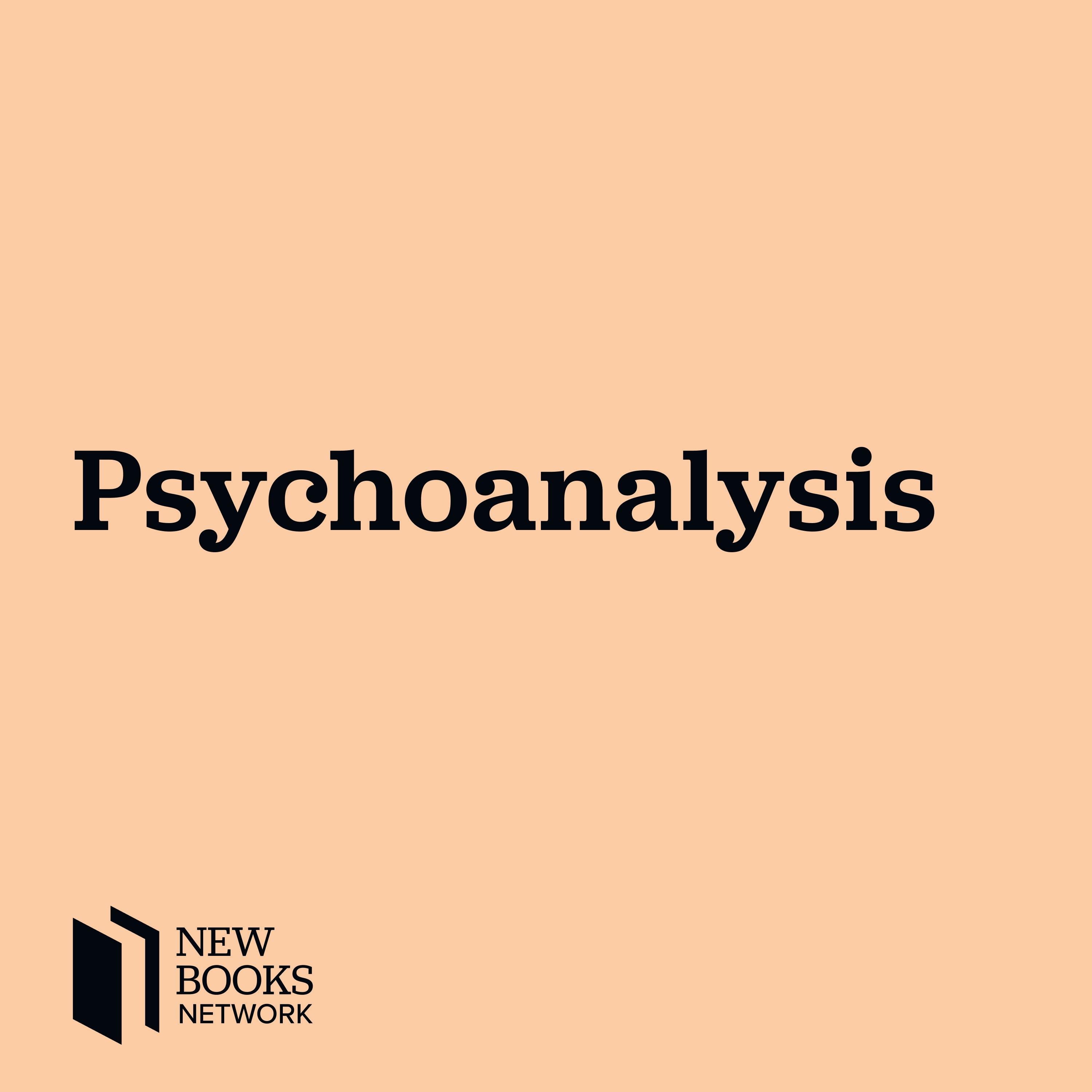Nilofer Kaul, "Plato's Ghost: Liminality and Psychoanalysis" (Phoenix Publishing House, 2021)
Description
Psychoanalytic encounters are filled with the unknowability of two unconscious minds meeting. Here one may forge a link that enables the process of meaning-making, or else it can become the space for destruction, perversion, evacuation, regression, and stasis. The area that lies between the mind of the analyst and that of the analysand is thus the liminal area of psychoanalysis - of growth, change, turbulence, as well as that of impasse, bastion, and failure. This latter could be what Bion meant by minus links. It seems that the primitive part of the mind is always looking for ways to evade psychic pain and emotional truth is always in peril. Analytic links are always fraught with danger. Minus links share with each other the quality of evading truth and therefore inhibiting emotional growth and the capacity to give meaning to experiences. Blind spots may be enabled by analytic allegiance to our particular schools, our inability to forge a technique in the face of the protomental apparatus which can breed arrogance, the complacencies of language, gaps between our theoretical allegiance and our technique, and, finally, all too often, our unwillingness and inability to get in touch with our true experience. Would it help to chronicle our quotidian failures?
In these liminal moments, the links between analyst and analysand slide away from the emotional truth, rather than towards it. In Plato's Ghost: Liminality and Psychoanalysis (Phoenix Publishing House, 2021), Nilofer Kaul presents these moments and explores the complex reasons behind them in a stunning debut work that questions the heart of analytic practice.
Ashis Roy is a psychoanalyst practicing in Delhi.
Learn more about your ad choices. Visit megaphone.fm/adchoices
Support our show by becoming a premium member! https://newbooksnetwork.supportingcast.fm/psychoanalysis
More Episodes
Analyzed by Lacan: A Personal Account (Bloomsbury, 2023) brings together the first English translations of Why Lacan, Betty Milan's memoir of her analysis with Lacan in the 1970s, and her play, Goodbye Doctor, inspired by her experience.
Why Lacan provides a unique and valuable perspective on how...
Published 04/15/24
By viewing psychoanalysis through the lens of embodiment, Brothers and Sletvold suggest a shift away from traditional concept-based theory and offer new ways to understand traumatic experiences, to describe the therapeutic exchange and to enhance the supervisory process.
Since traditional...
Published 03/05/24
Today I spoke with Dr. Louis Rothschild about his new book Rapprochement Between Fathers and Sons Breakdowns, Reunions, Potentialities (Karnac, 2024). Our conversation moved freely between theory, generational attitudes, thinkers, and personal vignettes.
What is a good enough father? What is the...
Published 03/04/24


